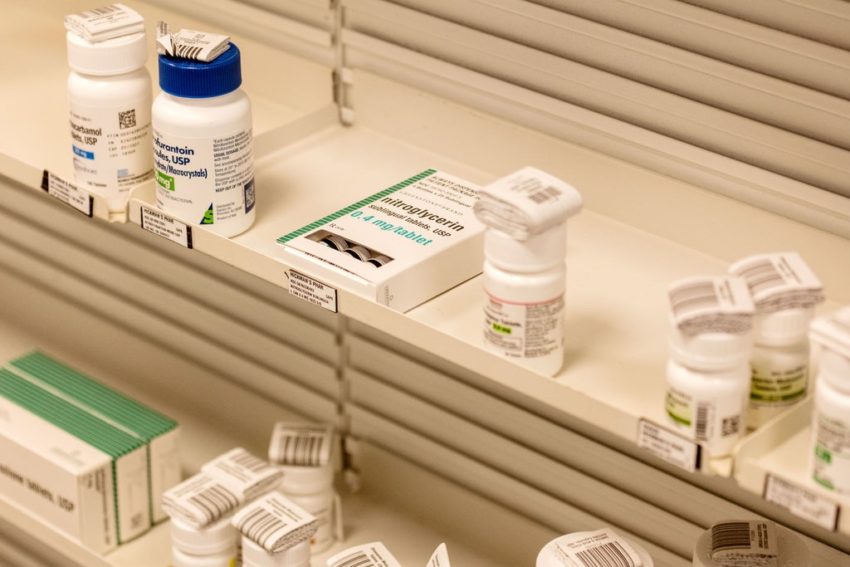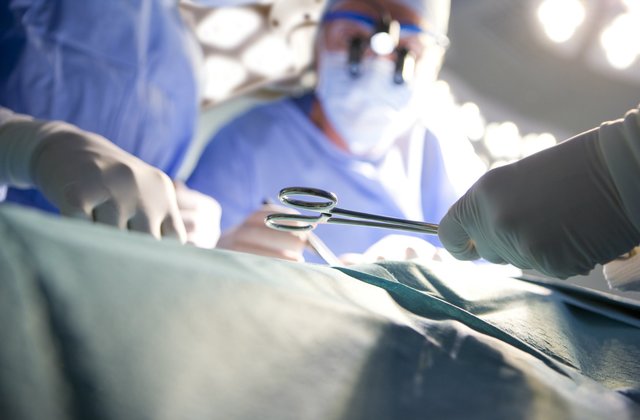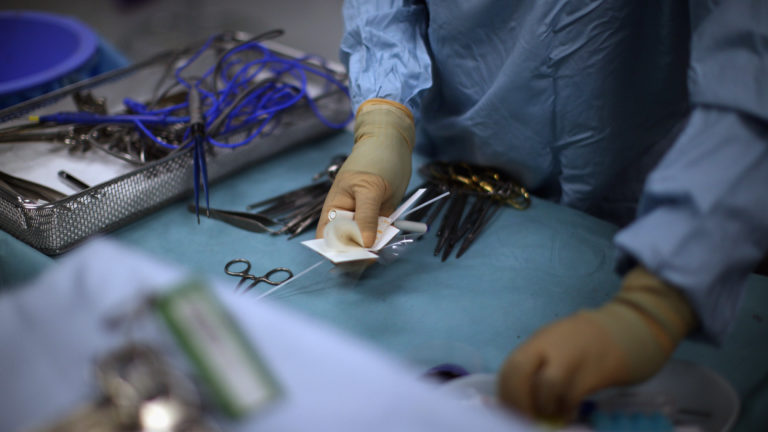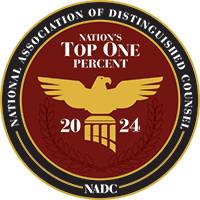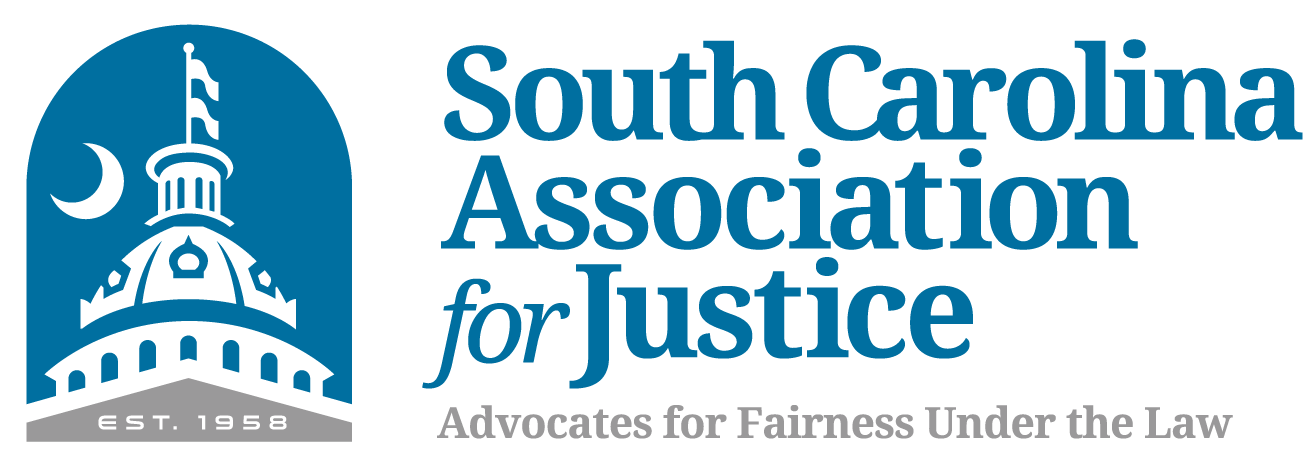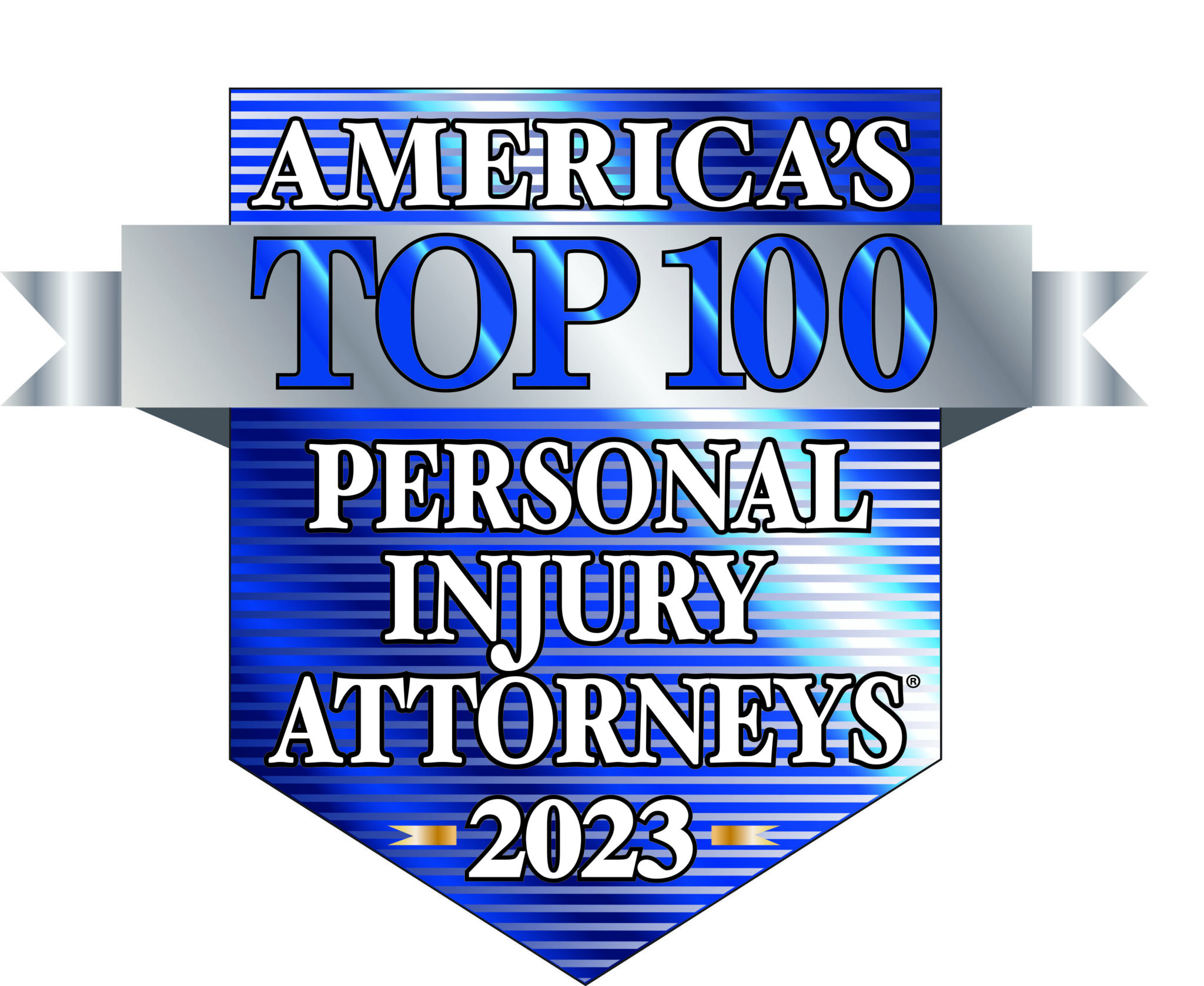Even if you’re a careful driver, you can still be a victim of a crash when someone else is at fault. Being in a collision often leads to pain, anxiety, and anger, and the intensity of the experience can cause people to make decisions that may not serve their best interests.
However, if you can stay calm and level-headed after a car accident, you can ensure that you get the information you need for insurance purposes. You’ll also need this information if you want to pursue a personal injury case, which can provide justice and compensation for your injuries. If you know the right steps to take during the crucial hours and days after a car accident, then you won’t have to research them in the heat of the moment, when your mind is still reeling and you’re in pain.
With that in mind, we’ve compiled a list of six important steps to take if you are ever involved in an accident. If you follow these tips, they can have a tremendously positive impact if you decide to file a personal injury claim related to a crash. These tips can help you after a car accident:
#1: Call Emergency Personnel
You should immediately assess the situation after an accident: Are you or your passengers injured? Was there another vehicle involved? Is anyone in the other vehicle injured? If an emergency exists at the scene, call 911 right away.
Even if everyone seems okay and there are no serious injuries or medical emergencies, you should still call the non-emergency line of the police department and get a police officer to come out to the scene. Make sure nothing is removed from the site of the crash until the police arrive, as anything at the scene could constitute important evidence.
Once there, the police officer will take statements from both drivers and any witnesses. The officer might issue a citation to the driver he or she believes is at fault. However, a citation at the scene is not the “last word” on who is at fault for the accident; for this reason, you need to document the accident as best you can, as you may need to recall the information later during a deposition or other court proceeding.
When speaking with law enforcement officers or other witnesses at the scene, you should never make statements that ascribe blame for the accident, either to you or anyone else. Even if you think you were at fault for the accident, don’t apologize — you don’t have all the facts yet, and you don’t know what other factors might have caused the accident beyond your own behavior. When talking with the police, answer any questions they have truthfully and in a straightforward manner, but stick to the facts of the accident only.
#2: Document the Accident Scene
While the police will review the scene so they can write an official report, you should also gather your own documentation. Try to collect contact, license, and insurance information from the other driver. Ask any witnesses to describe what happened and provide their contact information. If possible, take photos of them at the scene so you can prove they were involved in the accident or there to see it happen.
You should also take photos of the scene itself, with a special focus on photographing any damage to the vehicles and any bodily injuries. Try to get a few snapshots that can convey the time of day, weather conditions, or any other variables that might be important, such as road conditions. Try to take photos from different angles and make sure they include landmarks (billboards, mile markers, fire hydrants, trees, etc.) so you can accurately convey distance and perspective.
Additionally, while the accident is still fresh in your mind, do your best to draw a diagram of what happened and/or write down what happened. In your account, be sure to include key facts like the location, landmarks, direction, car speed, what the other car or driver was doing, points of collision, tire marks on the road, etc.
After the police officer wraps up the accident report and you have all the information you need, you’ll be free to leave the accident scene.
#3: Make an Appointment with Your Doctor
After leaving the accident scene, make an appointment with your doctor as soon as possible. Even if you feel like you were not seriously injured and didn’t need immediate medical attention, you should see a physician to officially document your physical and mental condition after the accident.
RELATED: What Do I Do If I Have Whiplash After a Car Accident?
This is helpful for two reasons: first, a doctor will be able to expertly diagnose injuries and other issues that you may not be able to. Second, some injuries and types of pain — for example, traumatic brain injuries (TBIs) or neck and back injuries — may not seem severe right after the accident, but may worsen over time.
If you still decide not to see a doctor, understand that you’re essentially closing the door forever on receiving any compensation for your injuries. Without any medical documentation related to your accident, it’s not possible to establish damages, and filing a personal injury claim becomes a lost cause.
#4: Avoid Posting About Your Accident on Social Media
Many people today post about all major life events on social media, and the temptation to share your story on social media may be strong. However, you should avoid this urge and stay off social media as much as possible in the days after your accident, as anything you post may become evidence that’s available to the defense in your personal injury case.
Do not post any photos or updates about the car accident on social media. Better yet, don’t use your social media at all until all matters related to the accident are resolved. However, if you’ve already posted something, do not try to go back and delete it. It may be considered evidence in your case, and if so, it’s illegal to remove that post.
#5: Do Not Discuss the Accident with Insurance Adjusters
Once the other driver notifies his or her insurance company about the accident, a representative from the company may call you to get a statement about what happened. It’s important to understand that you are not obligated to speak with this person, and you should refuse to answer any of their questions until you’ve talked to an attorney. Do not discuss anything regarding the accident, your or any others’ physical status, or damage to your vehicle. Anything you say can — and likely will — be used against you in later legal proceedings.
The other driver’s insurance representative’s job is to get you to say something incriminating about yourself or your actions on the day of the crash that might have contributed to the accident. Rather than fall into this trap, contact an experienced personal injury lawyer right away if an insurance adjuster calls you for a statement.
Dealing with insurers, doctor’s appointments, medical bills, and more after a car wreck can be overwhelming — especially if someone else was responsible for the crash. When you’ve been injured because of someone else’s negligence or carelessness, you shouldn’t have to pay for their poor decisions, and you deserve justice and compensation if their negligence led to medical bills, lost wages, and pain and suffering for you or a loved one.
Unfortunately, insurance companies — both the other driver’s and yours — only want to protect themselves, not you. After a collision, you need someone on your side. The legal team at the Law Offices of David L. Hood is here to help you manage everything related to your injury so you can focus on healing. We also know how to navigate the complicated landscape of the law surrounding your unique case, and we will fight to get a fair settlement for you or take your case to trial if needed.
The Law Offices of David L. Hood: Here to Fight for Injury Victims in Georgetown and Horry Counties and Throughout South Carolina
Here at The Law Offices of David L. Hood, we have years of experience representing injured victims in South Carolina, and we offer a free initial consultation so we can listen to your story and provide candid advice about what your legal options are. If you choose to hire us, we also work on a contingent fee basis, which means you don’t pay fees or expenses unless we achieve a settlement or win your case in court.
If you or a loved one has recently been injured in a car accident, contact the Law Offices of David L. Hood at (843) 491-6025 or fill out our online contact form and we’ll get in touch to schedule your free consultation. We know a car accident can turn a person’s life upside-down, but we’re here to support you and guide you at every step in your journey toward justice and healing.
The content provided here is for informational purposes only and should not be construed as legal advice on any subject.

